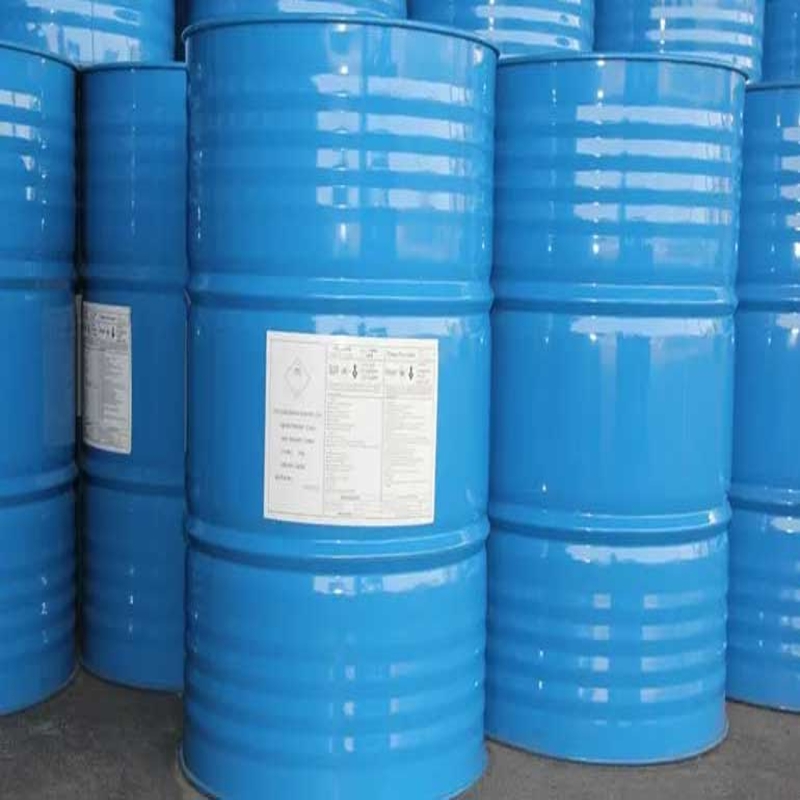-
Categories
-
Pharmaceutical Intermediates
-
Active Pharmaceutical Ingredients
-
Food Additives
- Industrial Coatings
- Agrochemicals
- Dyes and Pigments
- Surfactant
- Flavors and Fragrances
- Chemical Reagents
- Catalyst and Auxiliary
- Natural Products
- Inorganic Chemistry
-
Organic Chemistry
-
Biochemical Engineering
- Analytical Chemistry
-
Cosmetic Ingredient
- Water Treatment Chemical
-
Pharmaceutical Intermediates
Promotion
ECHEMI Mall
Wholesale
Weekly Price
Exhibition
News
-
Trade Service
According to the news released by the Ministry of Industry and Information Technology, China's new energy vehicle production rose sharply in the first half of the year
.
From January to June 2015, the cumulative production of new energy vehicles was 78,500 units, a threefold
increase year-on-year.
Although the data is so bright, in fact, the development of new energy vehicles is still full of hidden dangers, and batteries are one of
the main limiting factors.
Yang Yusheng, an academician of the Chinese Academy of Engineering, pointed out that the development of electric vehicles depends on the battery, and the development of electric vehicles requires the "force" of the battery, otherwise it may face greater danger
.
With the current specific energy lithium-ion battery, the reasonable design mileage of pure electric vehicles is about 150 kilometers, and the longer mileage will require more batteries, the body is heavy, it will waste energy, and the safety is poor
.
Yang Yusheng put forward his own insights on the next development of batteries: lithium-ion batteries should put safety first, study high specific energy, high specific power, long life, wide temperature range, high voltage, expand various application technologies, large-scale energy storage continue to demonstrate; Lithium-sulfur batteries should overcome the three major barriers of life, power and safety, and can pay attention to innovative sulfur-lithium-ion batteries; Flow batteries should improve the degree of automation and energy efficiency, do not expand the scale, reduce costs, and summarize economic benefits; Supercapacitors should break through high-performance super activated carbon material technology, replace imports, and reduce costs
.
According to the news released by the Ministry of Industry and Information Technology, China's new energy vehicle production rose sharply in the first half of the year
.
From January to June 2015, the cumulative production of new energy vehicles was 78,500 units, a threefold
increase year-on-year.
Although the data is so bright, in fact, the development of new energy vehicles is still full of hidden dangers, and batteries are one of
the main limiting factors.
Yang Yusheng, an academician of the Chinese Academy of Engineering, pointed out that the development of electric vehicles depends on the battery, and the development of electric vehicles requires the "force" of the battery, otherwise it may face greater danger
.
With the current specific energy lithium-ion battery, the reasonable design mileage of pure electric vehicles is about 150 kilometers, and the longer mileage will require more batteries, the body is heavy, it will waste energy, and the safety is poor
.
Yang Yusheng put forward his own insights on the next development of batteries: lithium-ion batteries should put safety first, study high specific energy, high specific power, long life, wide temperature range, high voltage, expand various application technologies, large-scale energy storage continue to demonstrate; Lithium-sulfur batteries should overcome the three major barriers of life, power and safety, and can pay attention to innovative sulfur-lithium-ion batteries; Flow batteries should improve the degree of automation and energy efficiency, do not expand the scale, reduce costs, and summarize economic benefits; Supercapacitors should break through high-performance super activated carbon material technology, replace imports, and reduce costs
.







